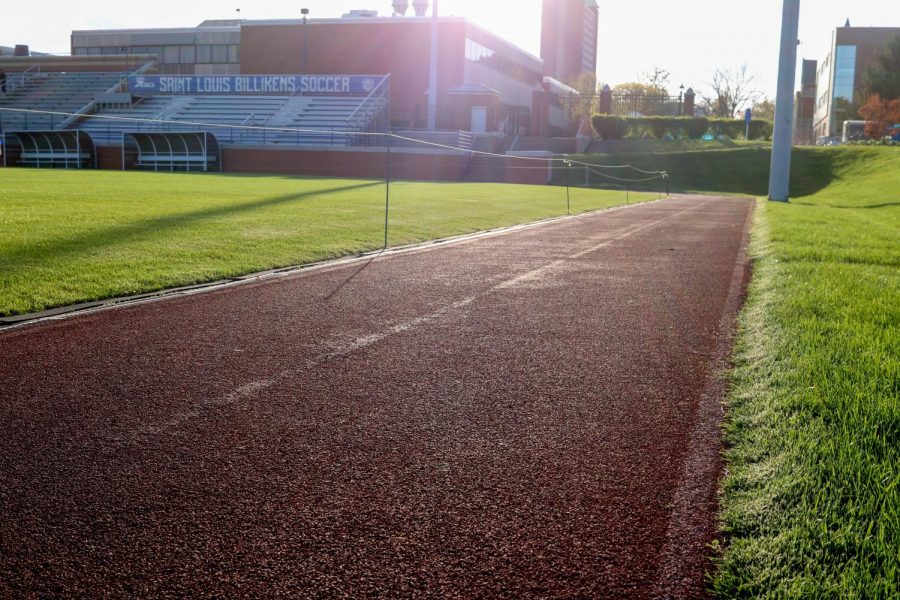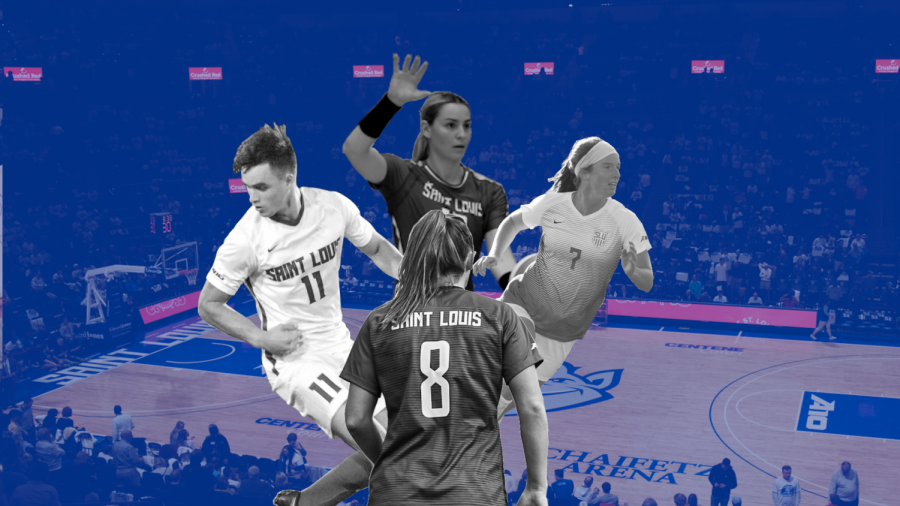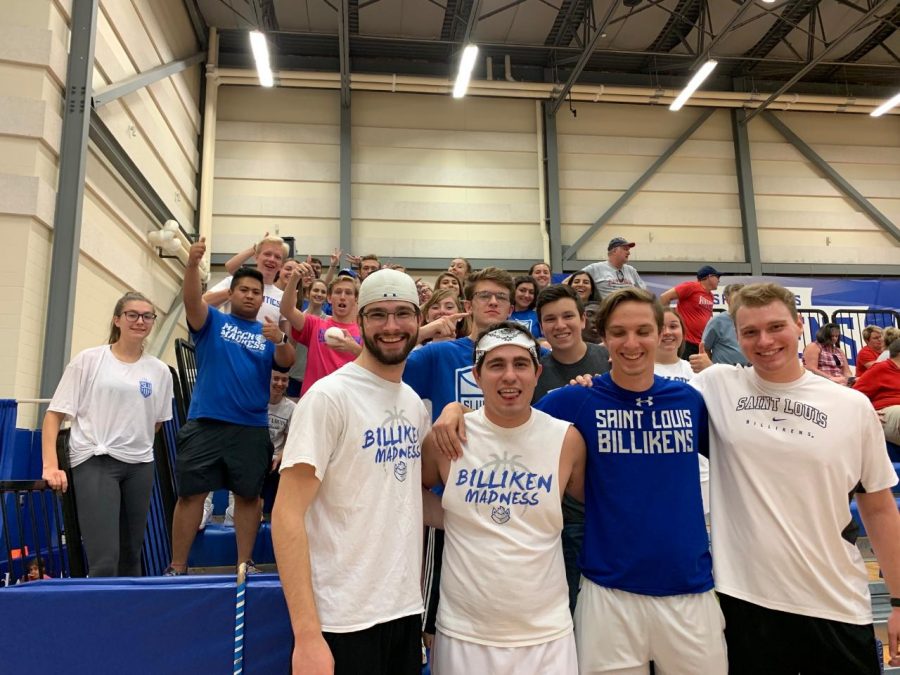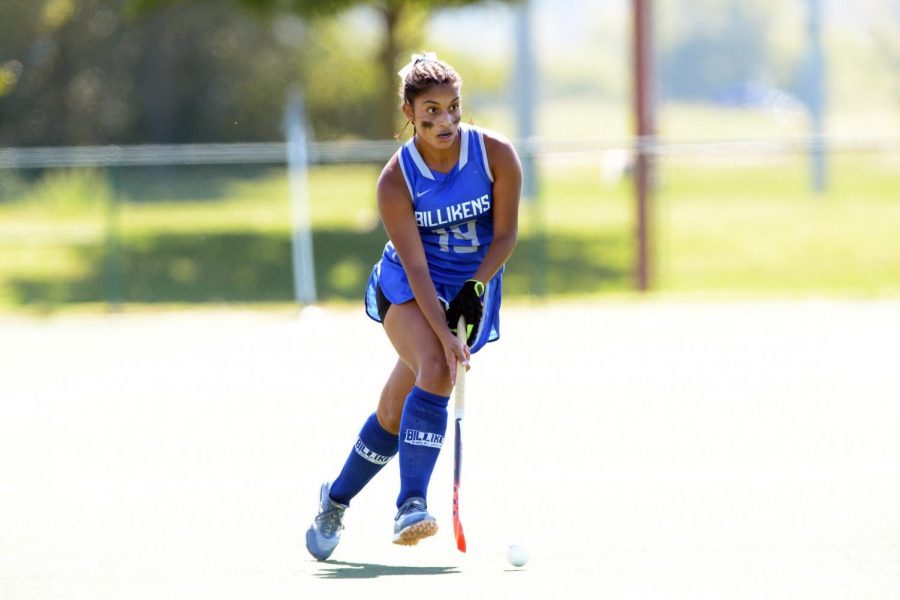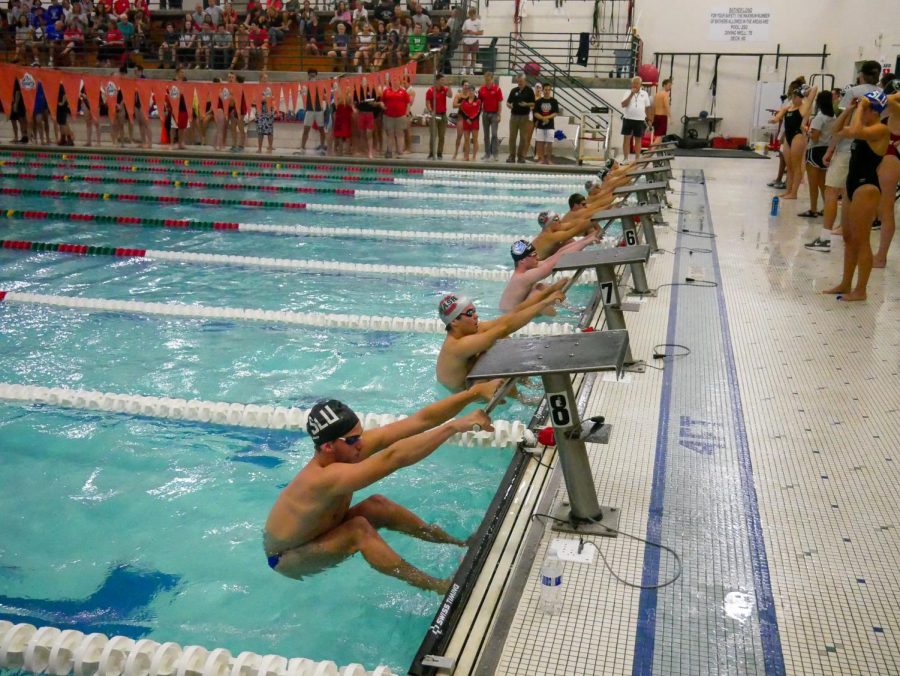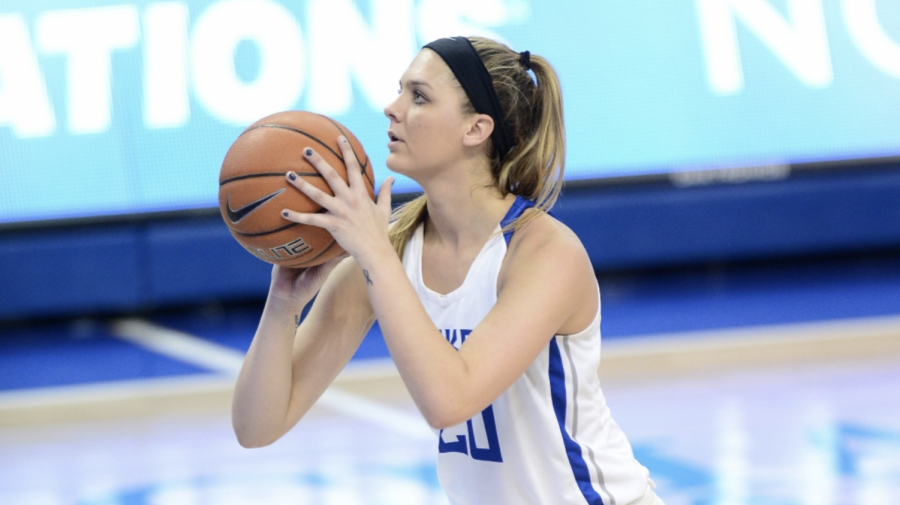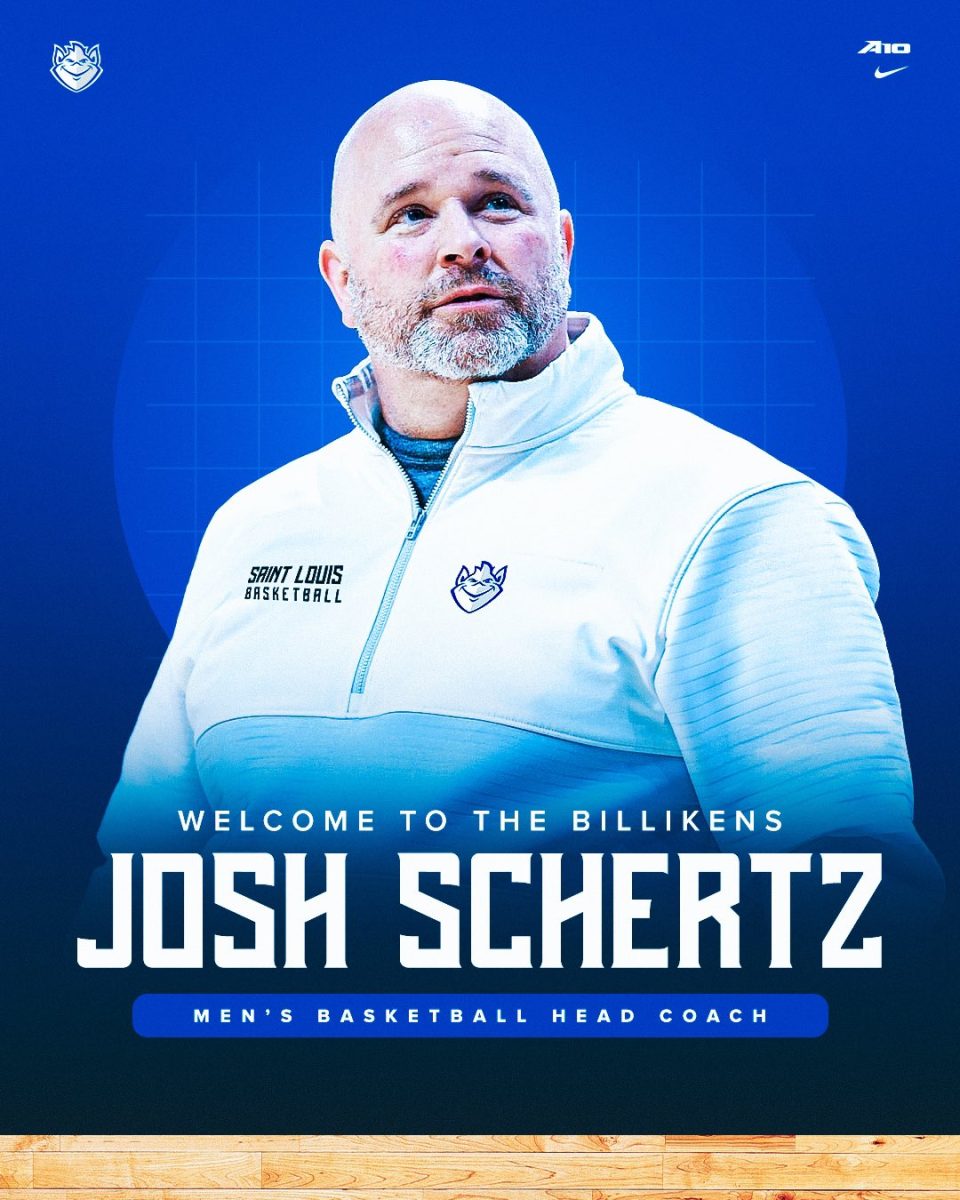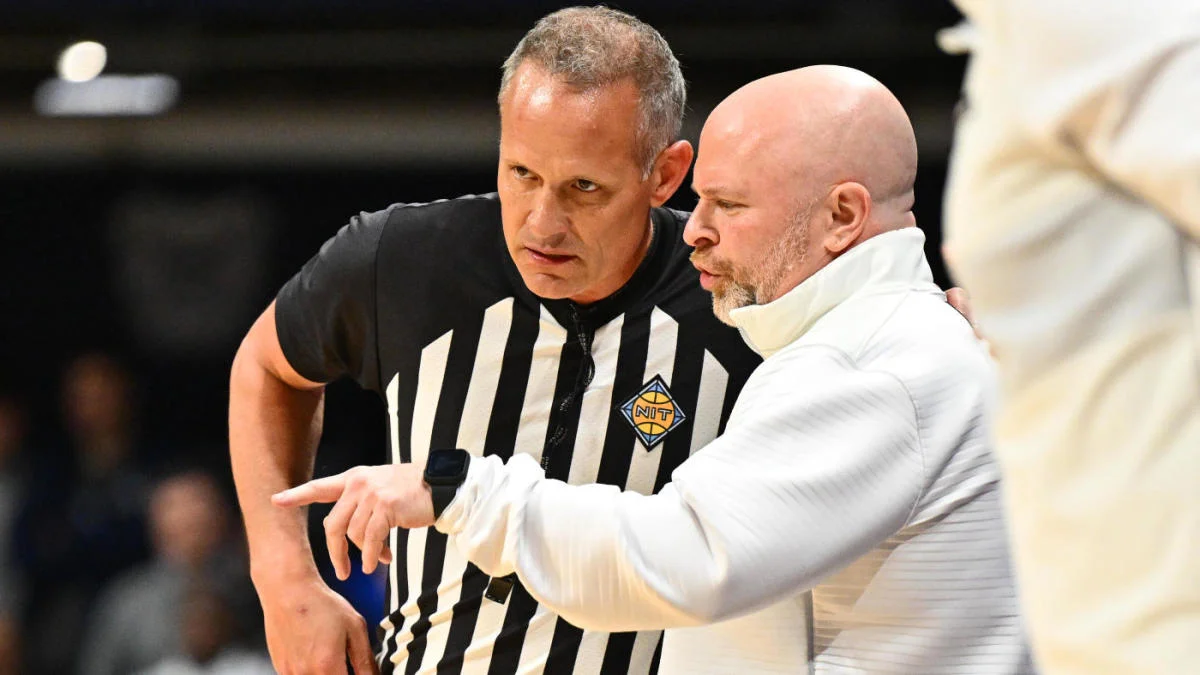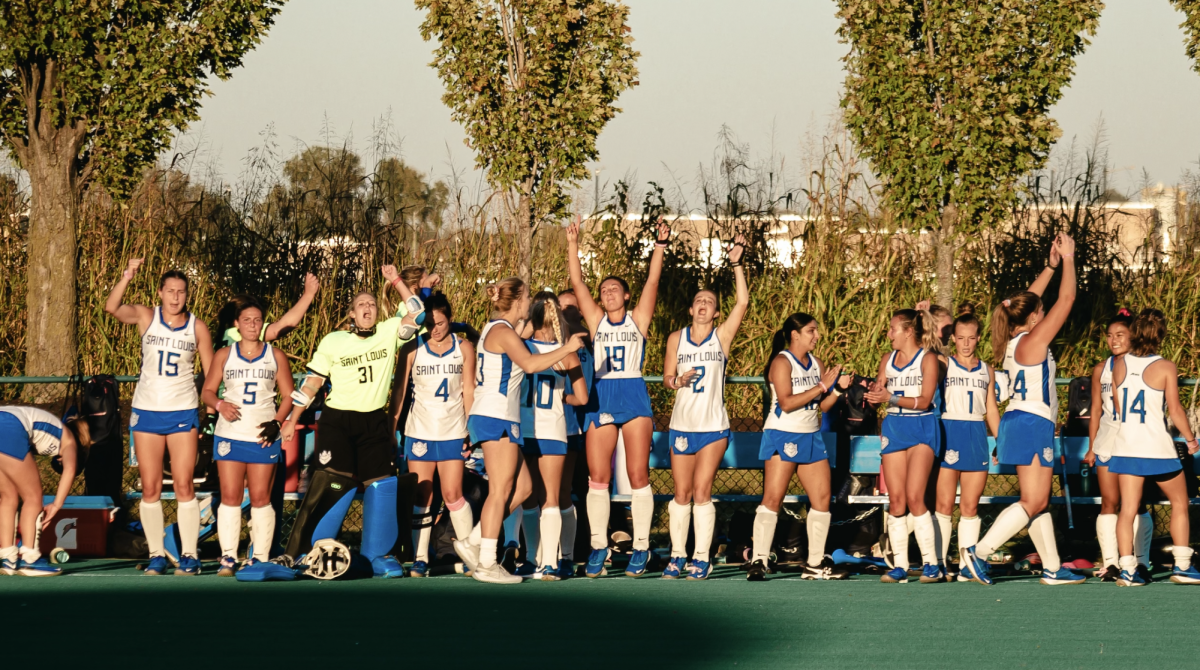The derogatory utterances can be heard at least once on an average walk down West Pine Boulevard. “Well he’s an athlete,” “that’s just a blow-off major anyway,” or any flippant stereotypes used to diminish the college experience of another student.
One of Saint Louis University’s goals is to “alleviate ignorance,” according to its mission statement. Isn’t it time to foster understanding between students first, before we attempt to project an outward image of understanding the world’s bigger problems?
Too often though, students are content with pigeon-holing others, assuming they know everything they need to about a person after learning her major and one or two of her favorite extracurricular activities.
The Polo-wearing, Chanel-toting sorority girl; the bookworm engineering student; the overly zealous pre-med student; the career-minded business student; and the dumb jock are all existing stereotypes, like it or not. One should avoid these shallow labels promptly applied to someone after briefly meeting them. Not only is it unfair to the person being judged, it is most unfair to the culprit.
Students come to SLU to learn, not only from professors, but also from their peers. The beauty of college is the intellectual atmosphere created by bringing together a disparate group of young people, all with diverging interests and points of view. Every student brings something unique to the university, creating a whole vastly greater than the sum of its parts. Every student should feel obliged to invest his talents into the university.
Student-athletes are perhaps one of the most visible and most talked-about groups on campus. Other students often belittle their on-campus participation to the hours spent training in the gym for competition, the weekend trips away from campus, and the glossy media guides circulated by media relations. Professors do it too, attributing classroom performance to their athletic participation instead of viewing them as a normal student struggling the same way any other student does.
The fact is athletic experiences go much deeper than this. By all accounts, the companionship and sense of team developed is something unmatched anywhere else on campus. Teams often spend more time serving the community than other groups on campus, feeling more connected to their campus and their community. Student-athletes develop lifetime communication and leadership skills. They achieve a work-life balance while pursuing the sport they love for at least four more years. And for most, their athletic participation serves as a stepping-stone and a way to pay for a valuable education.
These aren’t the superstar athletes that people are so accustomed to watching on television, dropping in for a few classes in underwater basket weaving on their way to the pros. For the most part, student-athletes at SLU are committed to contributing to the overall atmosphere created here.
College athletics would not exist if they did not contribute to the scholastic environment. They are yet another characteristic that differentiates the United States’ higher education system from the rest of the world; it is the only system that has such formalized intercollegiate competition in such a diversity of events.
The college-athlete system forges a lifelong bond of students to the university. I can’t wait to be the angry middle-aged man yelling at the television when the Bills can’t stop Draymond Green in the NCAA Tournament. Athletics appeals to human’s most innate passions and serves as a reminder that it’s just an organic chemistry test, not Jonas Salk trying to cure polio.
The student-athlete’s goal is the same as that of any other student participating in extracurricular activities: to develop valuable skills for the rest of his life. Everyone’s college experience is different, and to think yours is better than another’s is simply uniformed. Indeed, maintaining this air of superiority subtracts from your own experience, as it entails missing out on learning from your peers, arguably the most valuable aspect of the college experience. In 20 years, you won’t remember how to find a derivative or calculate elasticity. What you will remember is the friendships formed, the time spent abroad, even the daily acquaintances who went on to do great things.
So next time you’re walking down West Pine and you hear one of those awful little utterances, hope to yourself that that person figures out soon what college is really about.


